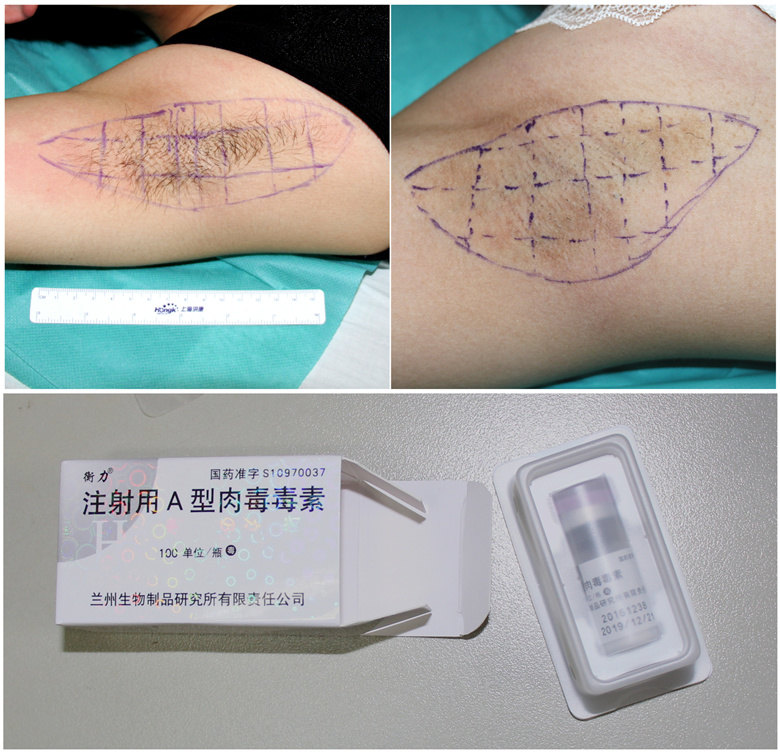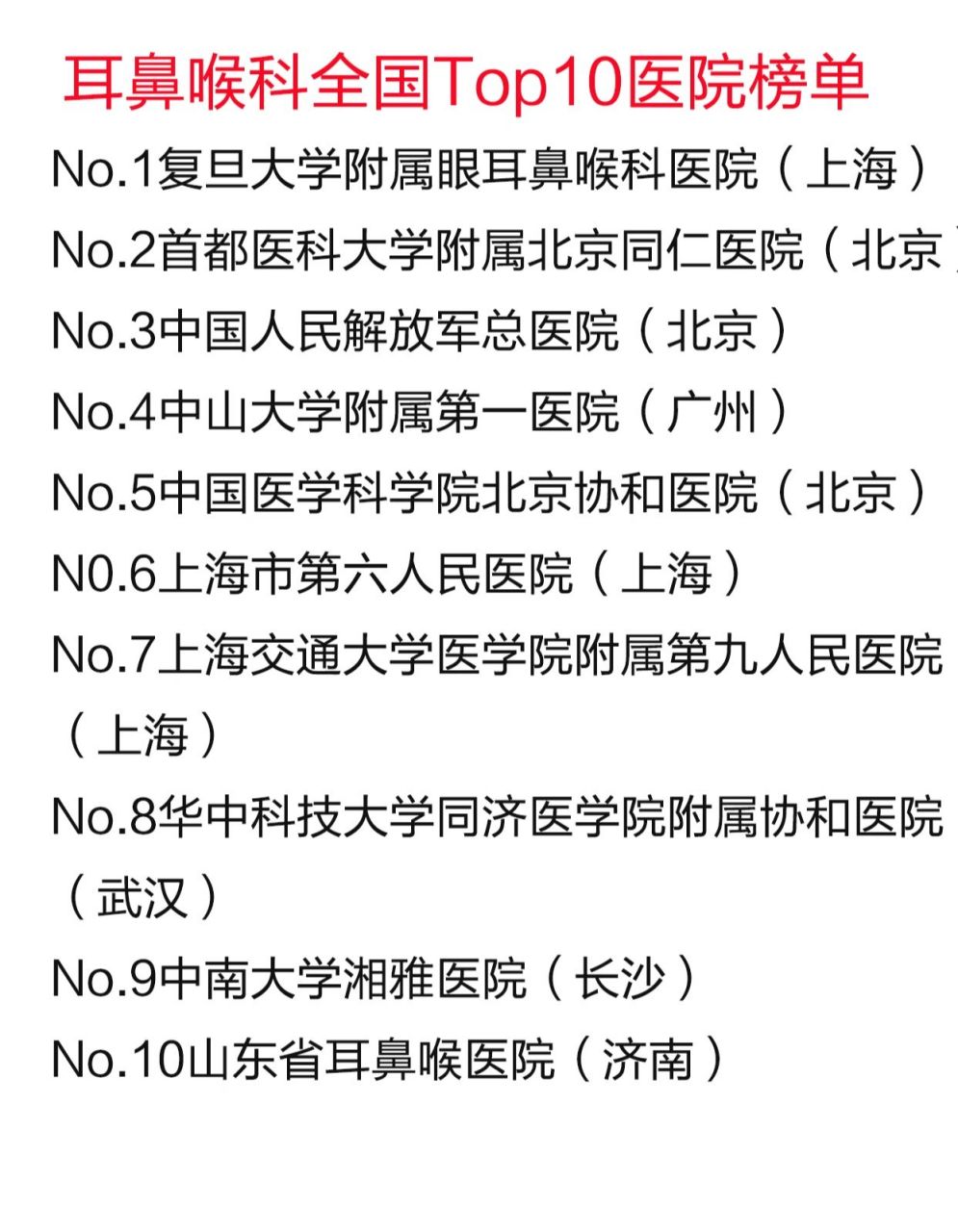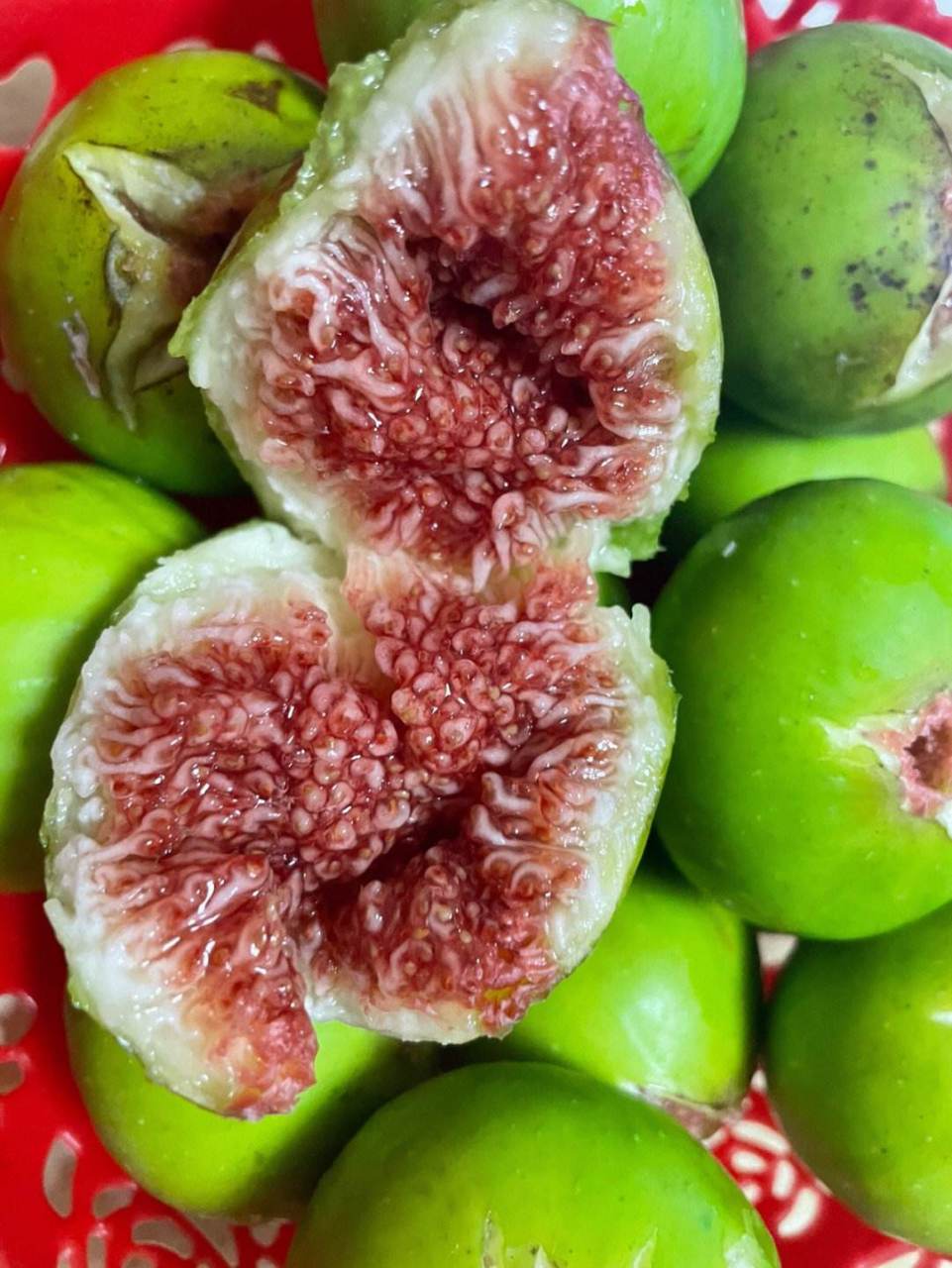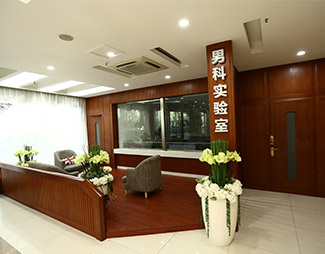Non-specific vulvitis, or nonspecific inflammation of the vulva, can be treated with a combination of self-care measures and medical interventions. The treatment approach depends on the underlying cause of the inflammation, which can be due to irritation, infection, or other factors. Here are some common treatment options:
1. Good Hygiene:
- Keep the vulva clean and dry.
- Use mild, unscented soap and water for washing.
- Avoid harsh soaps, bubble baths, and feminine sprays.
2. Avoid Irritants:
- Wear loose-fitting, cotton underwear.
- Avoid tight-fitting clothing and synthetic fabrics.
- Use fragrance-free laundry detergents and avoid fabric softeners.
3. Medications:
- Topical Corticosteroids: To reduce inflammation and itching.
- Antifungal Creams: If a yeast infection is suspected.
- Antibiotics: If a bacterial infection is confirmed.
4. Soothing Measures:
- Apply cool compresses to the vulva to relieve itching and discomfort.
- Use over-the-counter hydrocortisone cream for mild cases.
5. Dietary Changes:
- Avoid foods that may trigger symptoms, such as spicy foods or caffeine.
6. Behavioral Changes:
- Avoid scratching the affected area.
- Practice safe sex and use condoms to prevent sexually transmitted infections.
If symptoms persist or worsen despite these measures, it is important to consult a healthcare provider for further evaluation and treatment. In some cases, a biopsy or other diagnostic tests may be necessary to rule out other conditions.









